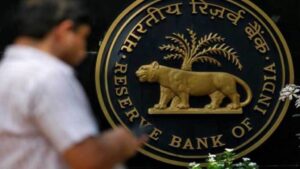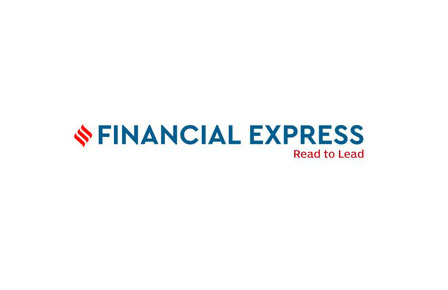 Credit and finance for MSMEs: Currently, financiers such as banks, NBFCs, and others bid on the invoice at discounted rates depending on the buyer’s rating. Usually, financiers give credit limits only above BBB and AA or AAA-rated buyers and shy away from buyers with credit ratings below BBB.
Credit and finance for MSMEs: Currently, financiers such as banks, NBFCs, and others bid on the invoice at discounted rates depending on the buyer’s rating. Usually, financiers give credit limits only above BBB and AA or AAA-rated buyers and shy away from buyers with credit ratings below BBB.
Credit and finance for MSMEs: Four months after proposing the participation of insurance companies on the Trade Receivables Discounting System (TReDS) to encourage financing of invoices of buyers irrespective of their credit ratings, the Reserve Bank of India (RBI) on Wednesday issued a directive to TReDS operators and participants to facilitate insurance for transactions.
“Financiers place their bids on the TReDS platforms keeping in view the credit rating of buyers. They are generally not inclined to bid for payables of low-rated buyers. To overcome this, an insurance facility is being permitted for TReDS transactions, which would aid financiers to hedge default risks,” RBI said in a notification.
Currently, financiers such as banks, NBFCs, and others bid on the invoice at discounted rates depending on the buyer’s rating. Usually, financiers give credit limits only above BBB and AA or AAA-rated buyers and shy away from buyers with credit ratings below BBB.
“This is where insurance companies will come in and after their due diligence about the buyer and the industry they are in, will provide the coverage. Depending on the risk they are undertaking, the premium will change,” Ketan Gaikwad, Managing Director and CEO, RXIL told FE Aspire. RXIL is among the four TReDS operators –M1xchange, Invoicemart and C2FO licensed by the RBI.
According to M1xchange’s Chief Executive Officer Sundeep Mohindru, the decision by RBI opens up a big market opportunity around trade credit insurance for insurance companies. “Moreover, with the growing number of buyers and sellers getting on TReDS platforms for invoice discounting, insurance companies don’t have to set up their sales structure to get business out of it.”
“So, business naturally comes to them and hence, the cost of doing business gets reduced dramatically. Also, with a lot of data patterns available on TReDS over the years, insurance companies can ascertain about repayment behaviour of buyers based on which they can take a risk call,” said Mohindru.
Importantly, insurance companies cannot levy the premium for insurance on the MSME seller. Moreover, the premium can be collected through the National Automated Clearing House (NACH) system which is used for settlement of TReDS transactions. TReDS platforms will also be able to facilitate the automated processing of insurance claims and specify timelines for their settlement through the NACH system as per the consent from financiers and insurance firms, the central bank noted.
Hence, the movement of capital need not happen outside TReDS being a payment system under the Payment and Settlement Systems Act, 2007.
The RBI also said that all entities eligible to do factoring business under the Factoring Regulation Act will be permitted to participate as financiers on TReDS as TReDS transactions fall under the ambit of factoring business.
“The Factoring Regulation (Amendment) Bill passed by the Parliament in 2021 was expected to encourage more financiers to join TReDS. The latest move by RBI seeks to further push participation of financiers,” said Gaikwad.
The central bank also allowed secondary market operations on TReDS for the transfer of invoices or factoring units (FUs) within a particular TReDS platform in order to bring in more liquidity on the platform.
“This is because if a financial institution, let’s say an NBFC or a factoring company has discounted invoices which have a 60-day or 90-day cycle, the financier need not wait that long to get their money. Under secondary market operations, they can sell the invoice further to a bank who perhaps is in need of meeting its priority sector lending (PSL) targets and use that capital again to redeploy,” explained Mohindru.
On an average, 17 per cent of invoices uploaded on TReDS platforms are not financed. For such invoices, buyers have to pay MSME sellers outside the TReDS system, as per TReDS guidelines, according to RBI. However, with the latest amendment to guidelines, the central bank allowed TReDS platform operators to undertake the settlement of all invoices using the NACH mechanism on the platform itself.
Lastly, the RBI directed TReDS platforms to display details of bids by financiers for an invoice to other bidders also on the platform except for the name of the bidder to enhance transparency in the bidding process.
TReDS had financed 54.56 lakh invoices involving Rs 1.42 lakh crore till February 2023, Bhagwat Karad, minister of state in the finance ministry had informed Lok Sabha in a written reply to a question in March this year.

